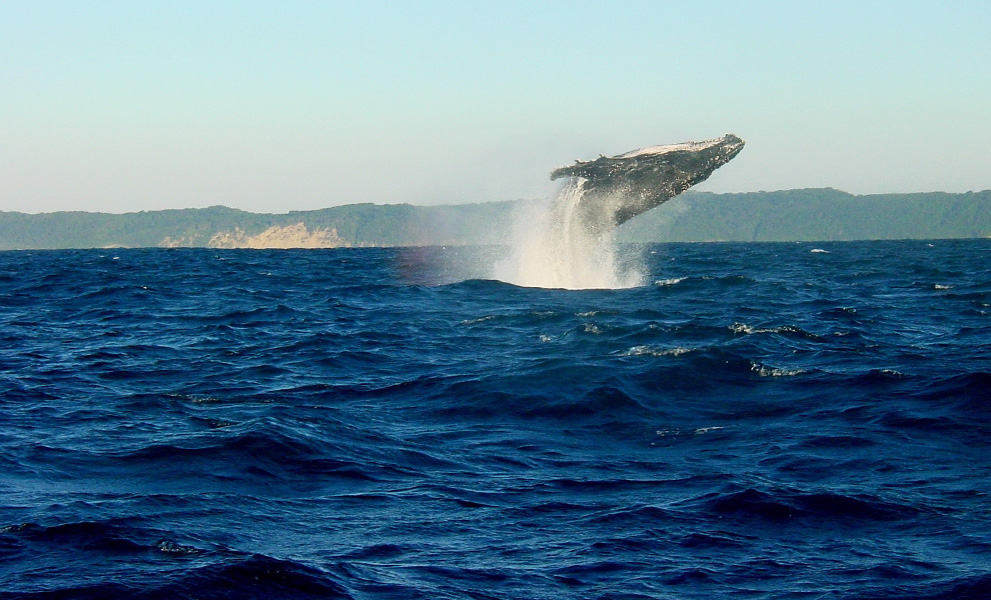The pristine waters of Golfo Dulce on Costa Rica’s southern Pacific coast were just distinguished as Latin America’s first Whale Heritage Site by the World Cetacean Alliance (WCA). This elite designation recognizes destinations worldwide where local communities protect and celebrate whales and dolphins.
Nestled between the Osa Peninsula and mainland Costa Rica, Golfo Dulce’s rich biodiversity houses two dolphin species — bottlenose and pantropical spotted. The gulf also provides a safe haven for humpback whales to birth and nurse their young.
In 2023, the IUCN Marine Mammal Protected Areas Task Force tagged Golfo Dulce as an Important Marine Mammal Area based on its ecological significance. Costa Rica also legally deems its waters a whale and dolphin sanctuary.
The WCA praised Costa Rica’s conservation efforts, including Golfo Dulce’s Marine Area of Responsible Fishing protecting cetaceans from commercial fishing. Rigorous dolphin and whale watching regulations also govern tours.
Beyond legal measures, locals cherish these creatures through community events. The Golfito Public Library hosts presentations on whale songs and art workshops, among other educational programming.
“The WCA congratulates Golfo Dulce on its commitment to supporting cetaceans through sustainability, research and cultural events,” said the WCA upon granting the honor.
Golfo Dulce now joins an exclusive group of only eight certified Whale Heritage Sites across the globe. Other recipients include Canada’s Churchill River and Australia’s Hervey Bay.
Conservationists have applauded the designation as a boon for protected species. “This prestigious honor draws attention to the gulf’s fragile ecosystems requiring stewardship,” said marine biologist Maribel Obando.
Local leaders aim to continue earning the title through cetacean conservation and deepening community bonds.
“We strive to be global stewards, safeguarding whales and dolphins while sharing our pride and practices with visitors,” said gulf commissioner Sergio Venegas. “This is only the beginning.”
With its extraordinary natural bounty and progressiveness, Costa Rica sets an example in responsible eco-tourism. Golfo Dulce’s status as a Whale Heritage Site spotlights the nation’s emerging leadership in ethical approaches to marine mammal tourism.






